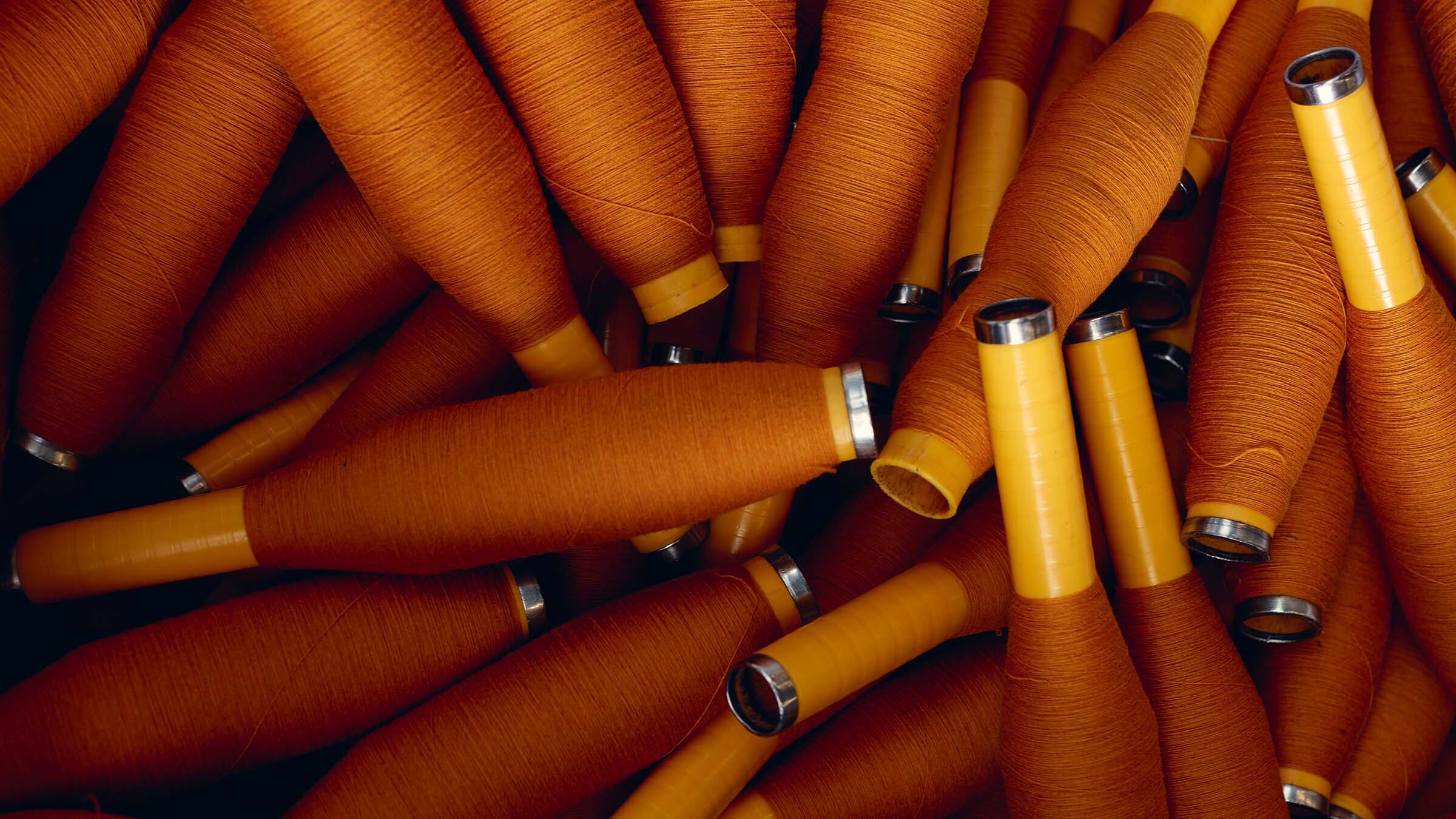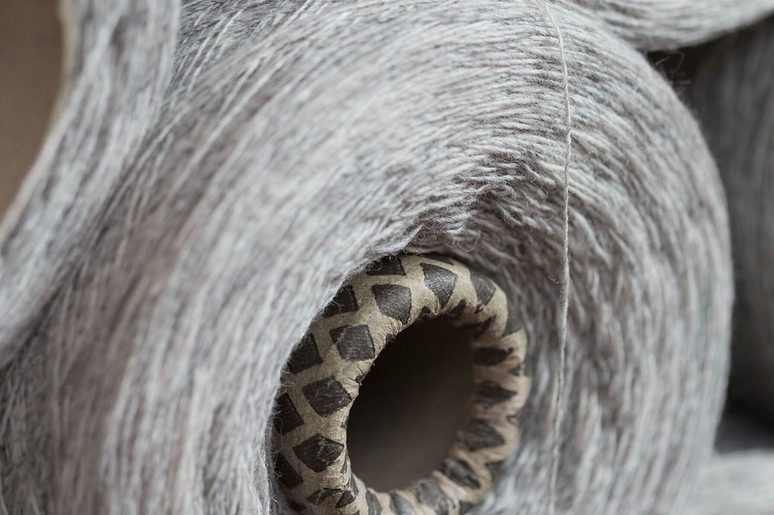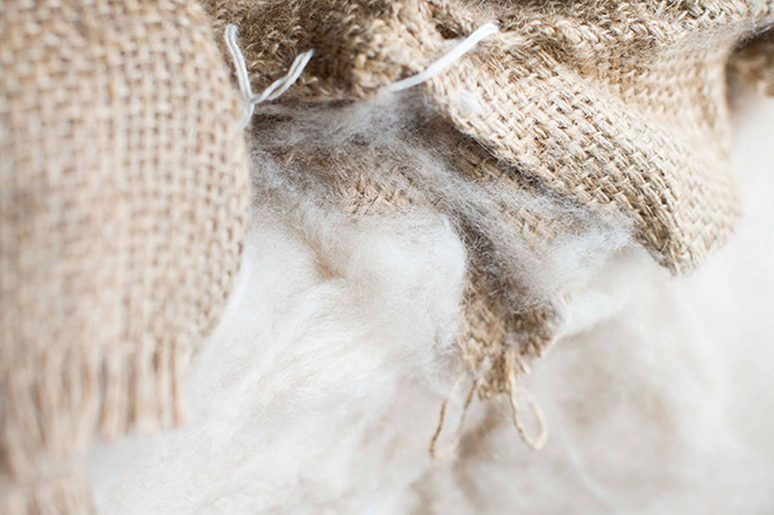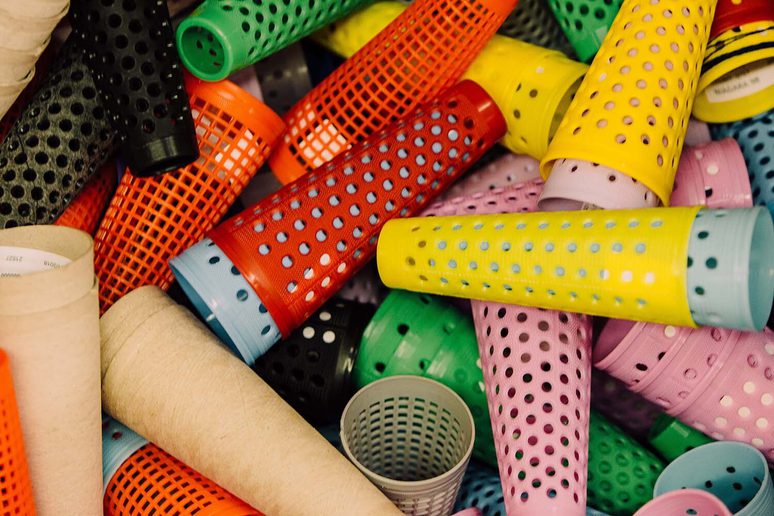
SUSTAINABILITY
PLASTICS
'BECAUSE THERE IS NOTHING MORE BEAUTIFUL THAN THE WAY THE OCEAN REFUSES TO STOP KISSING THE SHORELINE, NO MATTER HOW MANY TIMES IT'S SENT AWAY.'
SARAH KAY, POET.

'BECAUSE THERE IS NOTHING MORE BEAUTIFUL THAN THE WAY THE OCEAN REFUSES TO STOP KISSING THE SHORELINE, NO MATTER HOW MANY TIMES IT'S SENT AWAY.'
SARAH KAY, POET.
The risk to seabirds, marine life and fish is a hot topic, while much is also written about plastic particles making their way from the sea into the food we eat. We work with natural biodegradable fibres and continually look at ways to reduce the volume of plastics used in our manufacturing processes.

99.88% OF THE FIBRES WE USE IN OUR PRODUCT RANGE IS NATURAL.
Fibres such as Cashmere and Merino Wool will biodegrade readily in cold water or soil, unlike fibres classed as non-biodegradable such as polyester, viscose and nylon, which will take between 20 and 200 years to degrade depending on conditions.
There are areas where we use small amounts of synthetic fibres – for example, elastane in trims. We are actively looking at alternative materials for this purpose, which will perform at the level required for our high-quality products.

Synthetic fibres make up more than 60% of the world's clothing. Estimates vary, but each wash of synthetic clothing releases hundreds of thousands of microplastic fibres into the ocean. Microplastics in the ocean is an increasingly well-understood problem for our marine environment and microplastics are also shed into the whole environment through normal wear. Garments made from natural fibres shed particles that biodegrade naturally rather than accumulating for generations.
The hygroscopic properties of wool and cashmere mean they need to be washed less frequently than synthetic fibres, and they can be laundered at lower temperatures, further reducing their environmental footprint.

We are committed to reducing the number of single-use plastics within our production areas, and where we can't eliminate them, we will move to closed-loop recycling systems. So far, we have reduced the use of shrink wrap on site by 65%, and we are looking at ways to reuse other plastic materials. For example, plastic bags used to transport products from manufacturing to retail will be washed and reused.

Paper, cardboard and aluminium are recycled at all our sites. Where possible, we have moved to digital brochures, and those that are printed utilise paper sourced from Forest Stewardship Council (FSC) certified supplies. These are mailed in 100% compostable packaging. Cardboard packaging for our products is also FSC certified.
Newsletter
Sign up below for 10% off your first online order, updates about Johnstons of Elgin products, services, stores, events and more.
Customer Service
Visit Us